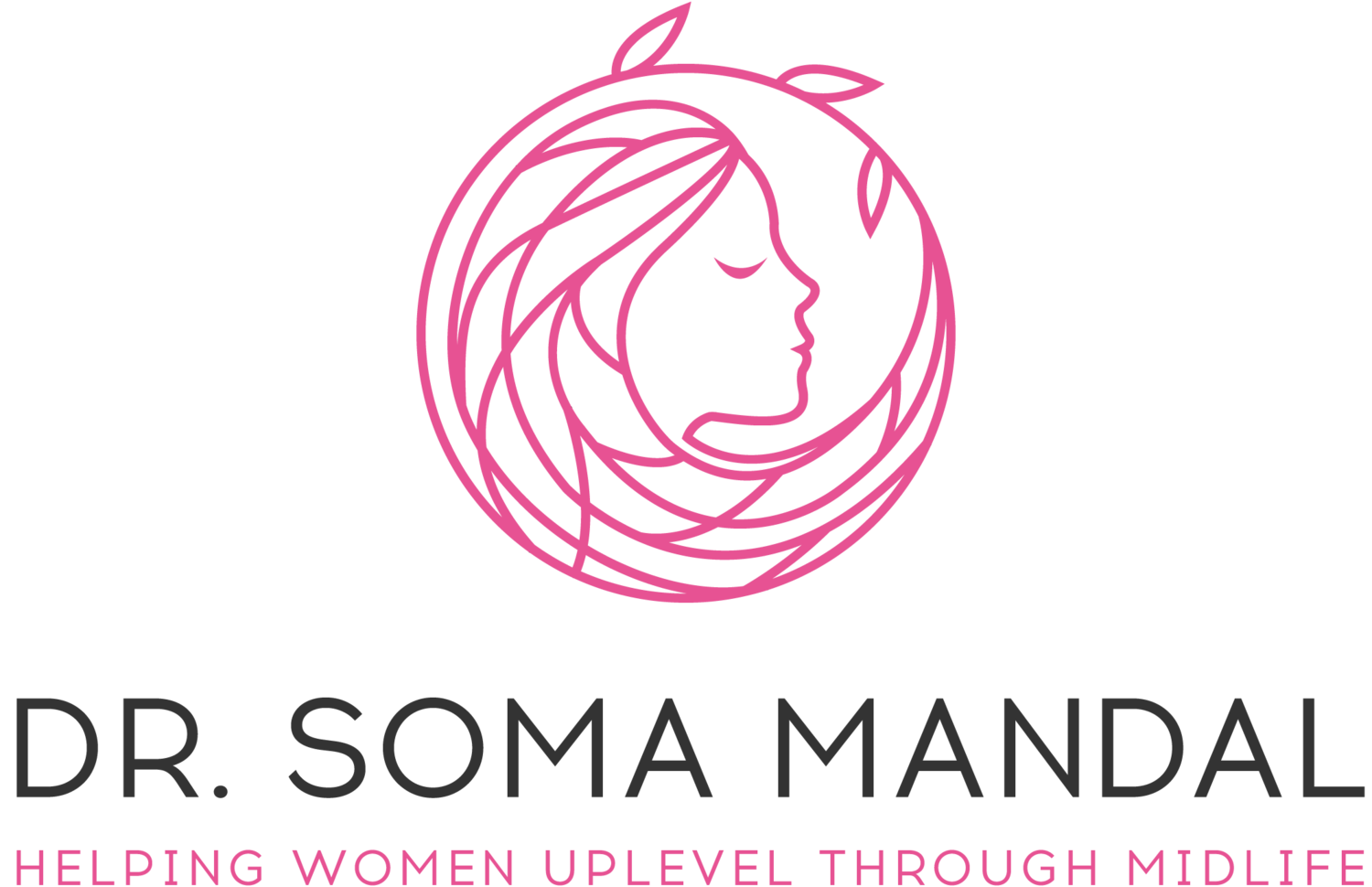What Can I Do to Reduce My Risk of Colon Cancer?
Recent guidelines for colon cancer screening have changed. The U.S. Preventive Services Task Force (Task Force) recommends that adults age 45 to 75 be screened for colorectal cancer. The Task Force recommends that adults age 76 to 85 talk to their doctor about screening.
Unlike heart disease, diabetes and hypertension, most patients don’t ask about what they can do to reduce their risk of colon cancer.
Here’s some advice:
Limiting alcohol consumption: Studies have demonstrated that drinking excessive amounts of alcohol can increase the risk of colon cancer. Women should not exceed more than one glass of alcohol per day and men should not exceed more than two glasses of alcohol per day. Excessive alcohol consumption can cause DNA damage to the intestinal wall and can cause an increase in hormones like estrogen and insulin like growth factor. These hormones have been linked to an increased risk of colon cancer. Excessive alcohol intake can also contribute to folic acid deficiency, which has also been linked to an increased risk of colon cancer
Quitting smoking: Research has also shown that smoking is linked to an increased risk of colon cancer. Tobacco cessation can not only decrease your risk of colon cancer, but it can also reduce your risk of lung cancer, heart disease and a stroke. Similar to excessive alcohol intake, smoking can cause DNA damage to the intestinal walls, increase inflammation, and cause impaired immunity. Smoking can also cause changes to your gut microbiome, which has been linked to an increased risk of colon cancer. Smoking can cause nutrient malabsorption, such as calcium and vitamin D deficiency. These nutrients are important for maintaining a healthy colon.
Obesity: It is important to maintain a healthy weight. Obesity has been linked to an increased risk of colon cancer. In general, the same things that lead to weight gain can also increase your risk of colon cancer (unhealthy diet, high processed foods, red meats, fiberless foods, excess alcohol intake. Similar to drinking excessive alcohol, obesity can increase insulin and estrogen, which in excess, have been shown to promote the growth of cancer cells. Obesity also interferes with a healthy gut microbiome and promotes inflammation throughout the body.






